The Science of Creativity
A summary of Dr. Huberman's recent pod with some of my own commentary thrown in.
FWIW the senior(ish) PMs that follow Shreyas say that PM is more art than science, and wise one Ken Norton says that when PMs fail, it’s usually because they couldn’t get the ‘art’ part - aka creativity.
Anyway, I wrote a summary of the pod, including:
🌟 What is creativity?
💭 Divergent/Convergent thinking, tools for creativity
💫 How to Improve Creativity
🧘 Open Monitoring Mediation
😌 Non-Sleep Deep Rest
🫠 Booze, drugs, & microdosing
🎽 Physical Movement
What is Creativity?
“Creativity is the ability to take existing elements from any domain, and to reorder those into novel combinations that are useful.”
It’s not enough to just to make something different, for an idea to be considered creative, it must be new but also good or better than previous things in some way.
Often, creative ideas reveal something about the world or how we work – the most creative things surprise or delight us. They expose a fundamental truth about human nature.
What's an example of creativity in Product?
Red motherfuckin’ Bull.
On launch, compared to Coke/Pepsi, Red Bull was:
4x more expensive
Came in a tiny can (1/3 less volume)
Performed horribly in taste tests
From an analytical point of view, the product looks like a disaster. Why, then, did it become so successful?
Using creative thinking to shift perspective to view Red Bull as a tonic vs. a soda, you can see how these bugs become features:
🌟 High price = it must have special ingredients.
🌟 Small amount = I shouldn't drink too much at once; it's potent.
🌟 Medicinal taste = it reminds me of medicine; it must work!
“A change in perspective is worth 80 IQ points,” says Rory Sunderland in the wonderful book Alchemy.
The above is also the best defense of creativity in 10 words or less.
Red Bull is now the third most popular beverage in the world.
Creativity is not a fixed trait.
I think most view certain people as ‘creative types,’ but this is not really true; everyone can be creative. Sure, some people live more flippantly and are naturally predisposed to creative states, but creativity can be developed and nurtured through practices and behaviors.
"The ability to be creative resides in everyone; the neural circuits have been somewhat defined." - Andrew Huberman.
"Creativity is not a skill; it's a way of operating." - John Cleese
Divergent & Convergent thinking, tools for creativity
Divergent thinking → Generating many different ideas & possibilities.
Convergent thinking → Evaluating options based on existing info to arrive at a solution and validating said solution. Convergent thinking judges and analyzes the ideas that appear during divergent thinking.
To perform Divergent Thinking:
Start with a single known object, event, or circumstance and radiate out many different situations and possibilities, building on the original concept. Focus on quantity over quality and try to be open to any possibility. Later, you can use Convergent Thinking to prioritize the best ideas.
Divergent Thinking exercises:
Mind Mapping is a popular divergent thinking technique.
Note & Vote replaces brainstorming with a game that vacillates between divergent and convergent thinking.
Inversion; instead of coming up with good ideas or ways to improve a product, you think about all the things that make an experience shit and work backward to create the opposite of the bad experience.
Example:
Neil Gaiman wrote this short prompt, which expanded all the way into the wonderful novel American Gods.
To perform Convergent Thinking:
Organize and categorize your idea brain dump from Divergent Thinking. Edit ideas and eliminate ones that are not appealing in the cold light of day. Think about the risks associated with each idea.
Or, take loose ideas and organize them into a framework For example, you might take a rough business idea and fill out a lean canvas.
In product, this is where we might create a discovery plan to test our ideas in the wild.
How to be more Creative, methods for improving Divergent Thinking:
🧘 Open Monitoring Mediation (OMM)
😌 Non-Sleep Deep Rest (NSRD) aka Yoga Nidra
🍄 Mircodosing Psilocybin
🥃 Alcohol in small doses
🌱 Cannabis for some
🎽 Physical Movement
🧘 Open Monitoring Mediation
Benefits: Improves Divergent Thinking/Creativity
Practice:
Close your eyes. Allow thoughts to appear on their own. Examine them for as short or as long as you’d like.
Practice non-judgment: observe thoughts, feelings, and sensations without evaluating them as good/bad, right/wrong.
For me, it helps to imagine what I’m thinking about as phenomena, like planets or stones.
Do this 10-30 minutes daily or a few times a week.
😌 Non-Sleep Deep Rest (NSDR) or Yoga Nidra
Benefits: Improves Divergent Thinking/Creativity by increasing dopamine in the pathway underlying divergent thinking by 65% above baseline.
Practice:
Remain awake but deeply relaxed & motionless.
This allows you to enter an atypical brain state, a state of consciousness between waking and sleeping.
Most who practice use guided meditation to help achieve this. Huberman has one, and there are many on YouTube.
🍄 Microdosing Psylocibin
Benefits:
Studies show that microdosing psilocybin for several weeks increases divergent thinking ability.
One study found that both convergent and divergent thinking performance was improved after eating psychedelic truffles on two creativity-related problem-solving tasks.
Psilocybin enhances Serotine receptors, and Serotine underlies much of the brain activity responsible for both Divergent & Convergent thinking.
Downside:
How the hell do you safely buy shrooms? If you find out, let me know ;)
🥃 Alcohol
Benefits:
Improves creativity by suppressing the prefrontal cortex (PFC) and increasing feel-good hormones like Serotine.
PFC is great for focus, but the downside of PFC is it interferes with lateral thinking. It allows focus but prevents us from seeing possibilities. Suppressing PFC via booze allows you to be more creative.
Also reduces 'autobiographical scripting,' premature, bullshit narratives that pop into your head, "This idea sucks. No one will like it."
Practice:
Get to .08 BAC or buzzed. The 'Ballmer Peak' so-called based on rumors that former Microsoft boss Steve Ballmer used to code while hooked up to IV alcohol to maintain .08 BAC.
🌱 Cannabis, embrace your inner Snoop Dogg?
Weed does improve Divergent Thinking but often so much so that you cannot focus on a single idea long enough to develop it. Put another way, it constrains Convergent Thinking to the point where it is often counterproductive.
But some creators like Rogan and Bill Mahr swear by it. Of course, there is Snoop, who seems to be working harder than ever despite being perma-high.
The other downside of cannabis and creativity; people often forget to write down the amazing ideas they have and lose them entirely. If you do smoke up, be diligent about taking notes.
🎽 Physical Movement
The pathway involved in Divergent Thinking is also responsible for eye blinks and limb movement, so there’s some relationship between movement of the body and creativity.
In practice:
Pace, walk, jog, ride a bike, or take a shower
Don’t direct your attention toward any one thing. Focus on not focusing 🙃
Write down ideas as they appear to you. Don’t rely on your memory; write everything down.
Explore how different patterns of movement affect your ability to access ideas
Movement engages the neural pathways and allows the intersection of ideas that normally would be constrained to separate categories. In this combination, new possibilities arise. It’s godsdamned creativity!
Final note
You should only try to be creative in a domain for which you already have some skill or mastery. If creativity is about creating the conditions that let your brain make connections between disparate ideas, you’ve got to have those ideas in the first place.
All that to say, if you are a total noob in a field, it’s nigh impossible to be creative. Learn the basics first.
Thanks for reading
If you made it this godsdamned far, you probably enjoyed this. If so, I’m teaching a 2-week cohort-based cohort called Product Discovery Fundamentals which kicks off Jan. 24th.
Learn more:
https://maven.com/justin-williams/product-discovery-fundamentals



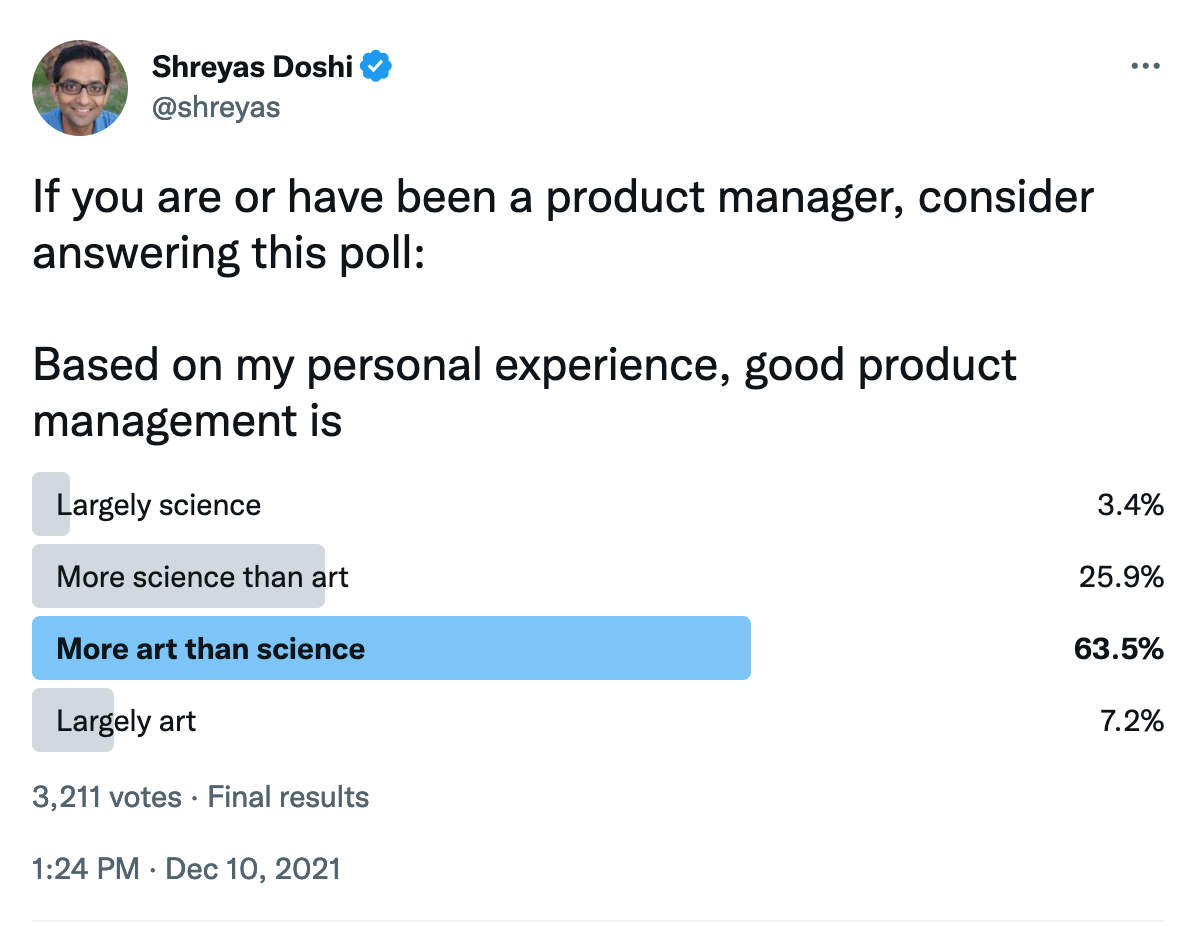
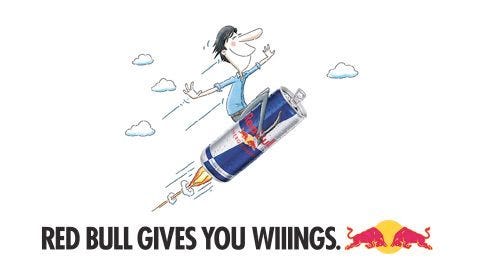
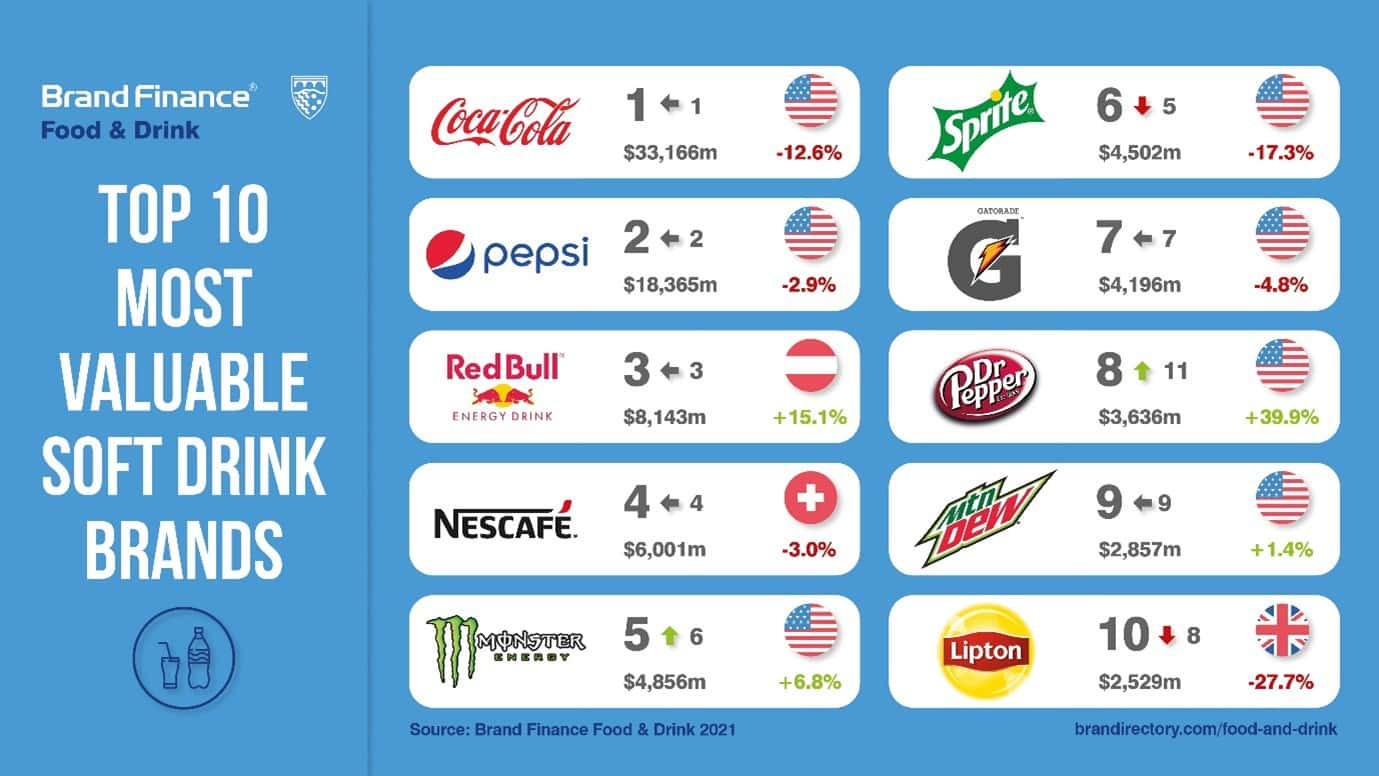
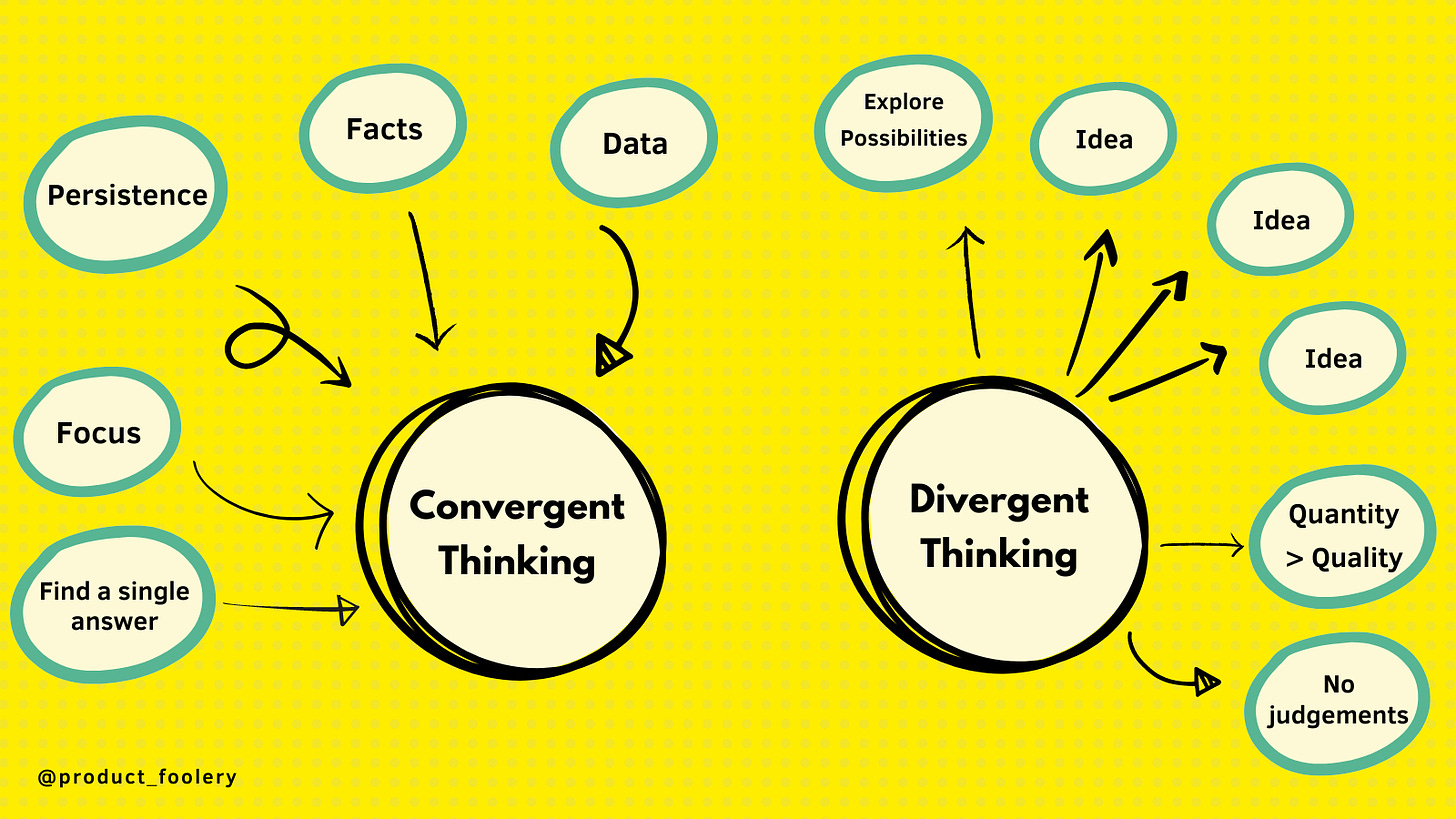
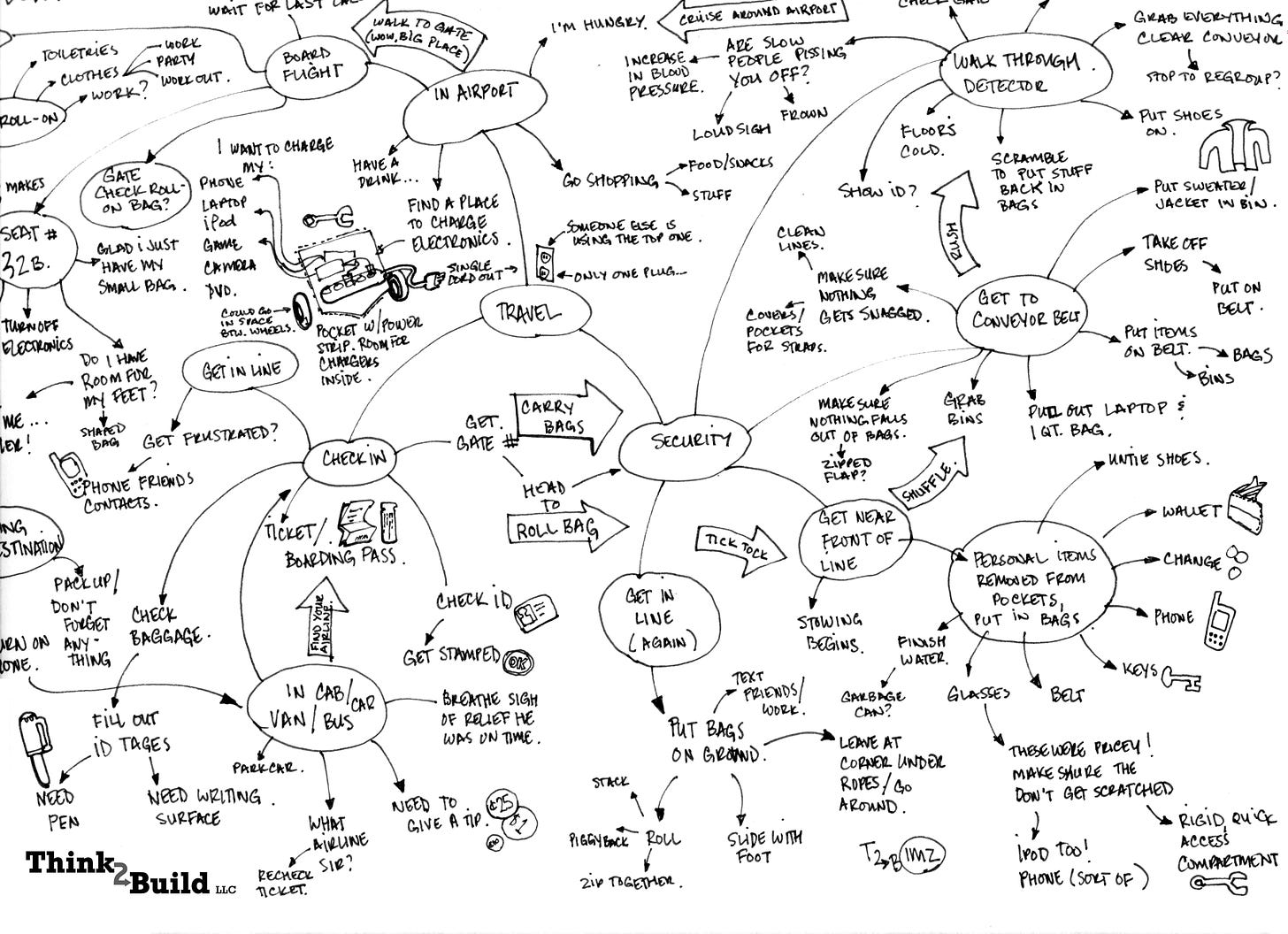
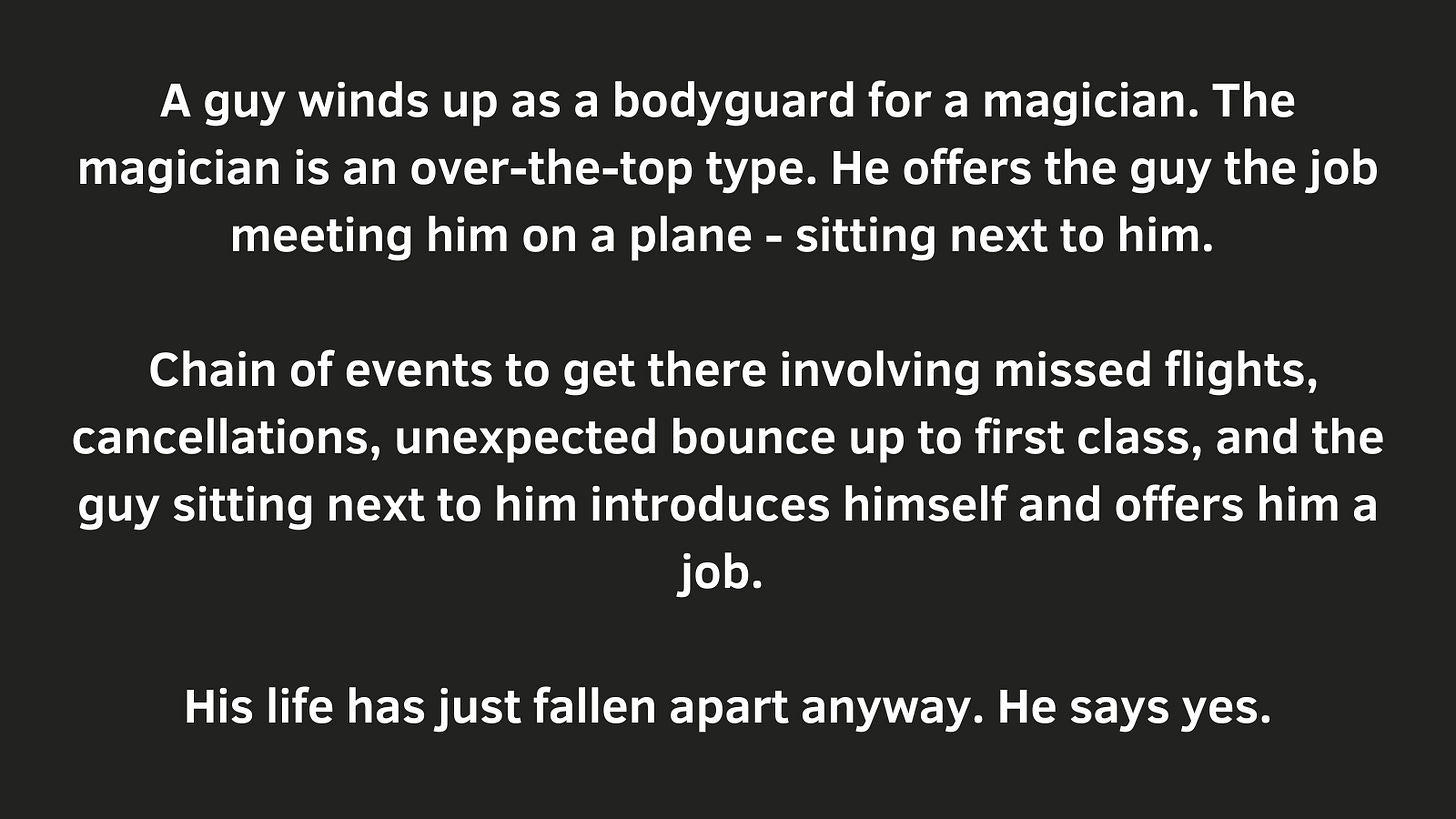
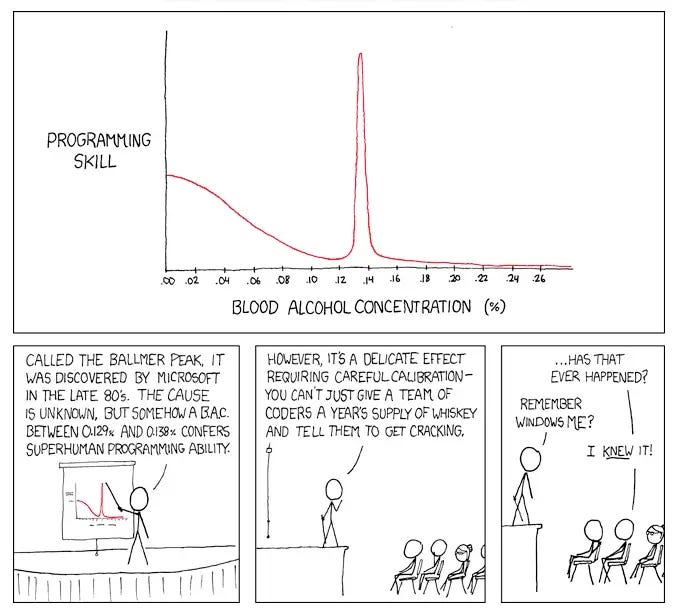

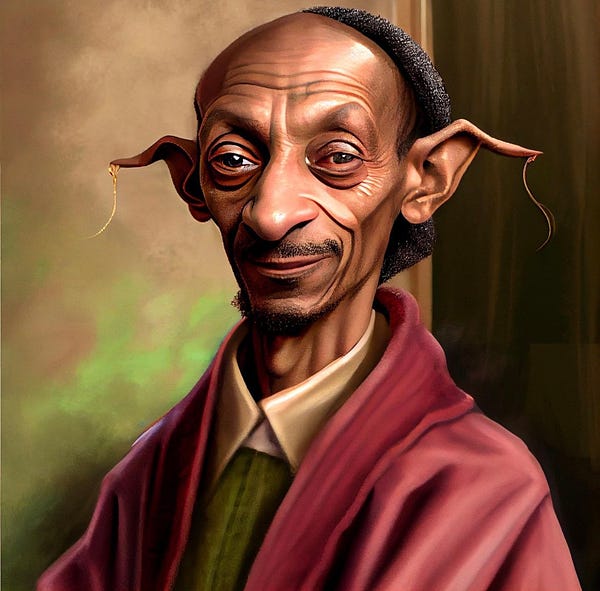
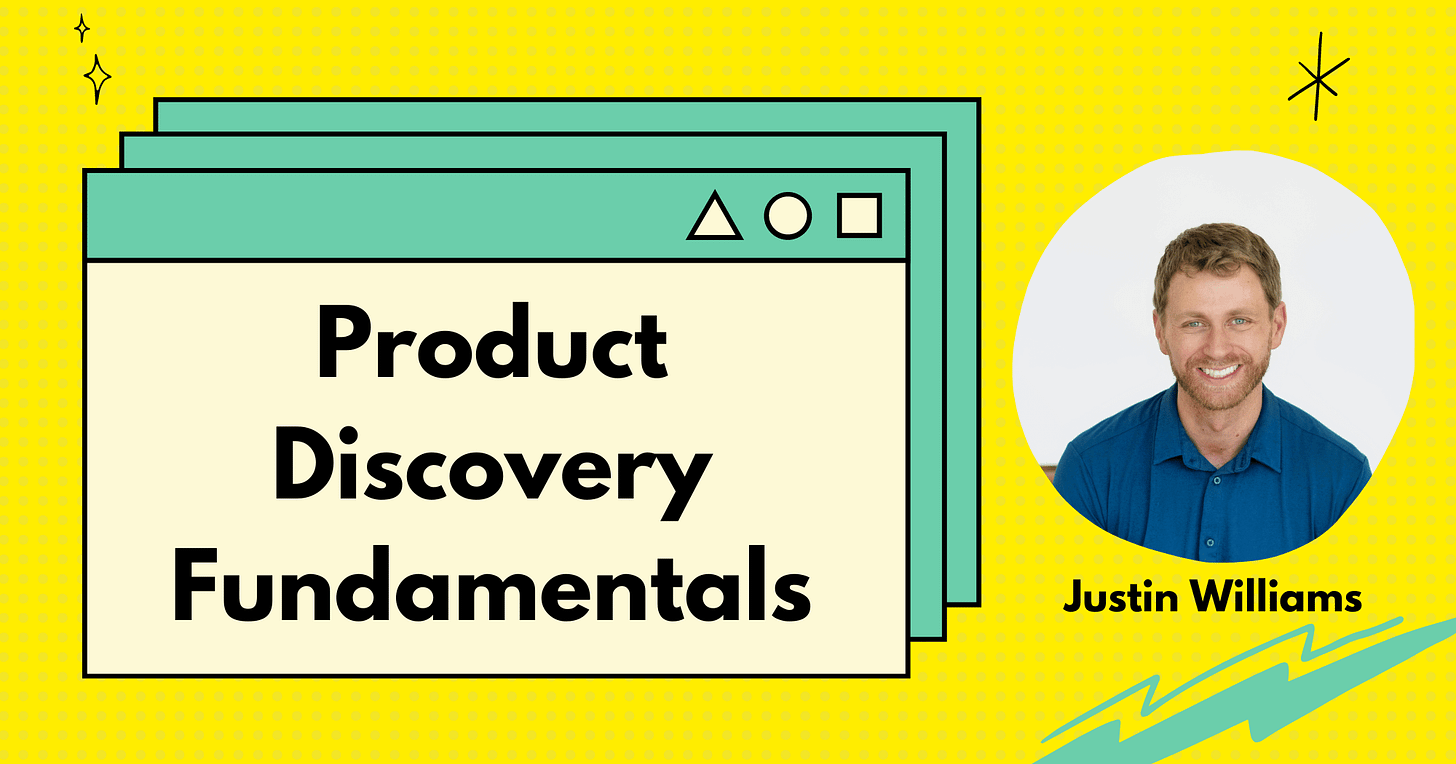
Great post Justin!